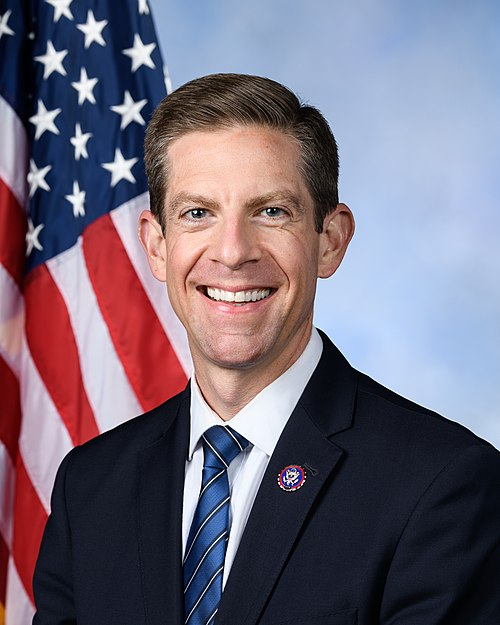H.R. 5639: Co-Location Energy Act
This bill, known as the Co-Location Energy Act, proposes to enable the Secretary of the Interior to authorize the co-location of renewable energy projects—specifically solar and wind energy—on certain existing federal energy lease areas. Here’s a breakdown of its key components:
Key Definitions
The bill defines a few important terms:
- Existing Federal energy lease: Refers to leases, easements, or rights-of-way for energy development on land managed by the Secretary of the Interior that were issued before the enactment of this Act, specifically under the Mineral Leasing Act or the Geothermal Steam Act of 1970.
- Secretary: The term refers to the Secretary of the Interior.
Authorization for Renewable Energy Development
The bill provides the Secretary with the authority to:
- Evaluate areas within an existing federal energy lease for potential solar or wind energy development.
- Issue permits for constructing and operating facilities for energy production from solar or wind resources on existing lease areas.
However, for both evaluations and permits, the Secretary must obtain consent from the leaseholder before proceeding.
Environmental Assessment
Within 180 days of the bill's enactment, the Secretary is required to determine if any actions eligible for permits under this bill could be considered categories of actions that typically do not have significant impacts on the environment. This assessment is linked to the National Environmental Policy Act of 1969.
Rulemaking
Furthermore, the Secretary is tasked with issuing regulations to effectively implement the provisions laid out in this Act.
Implementation Scope
Overall, the Co-Location Energy Act aims to streamline the process for integrating renewable energy projects into existing federal leases, potentially facilitating a quicker transition to renewable energy sources by utilizing areas that are already designated for energy production.
Relevant Companies
- NIO Inc. (NIO): As a major player in the electric vehicle market with an increasing focus on renewable energy, NIO could see indirect benefits from the expansion of renewable energy infrastructure due to lower energy costs.
- SunEdison Inc. (SUNE): This company specializes in renewable energy projects and could potentially benefit directly from the opportunities created by the co-location of solar projects on federal lands.
- First Solar Inc. (FSLR): A leading global provider of solar energy solutions, First Solar may find new project opportunities arising from the allowed use of existing lease areas for solar energy development.
This is an AI-generated summary of the bill text. There may be mistakes.
Sponsors
2 bill sponsors
Actions
2 actions
| Date | Action |
|---|---|
| Sep. 30, 2025 | Introduced in House |
| Sep. 30, 2025 | Referred to the House Committee on Natural Resources. |
Corporate Lobbying
0 companies lobbying
None found.
* Note that there can be significant delays in lobbying disclosures, and our data may be incomplete.






